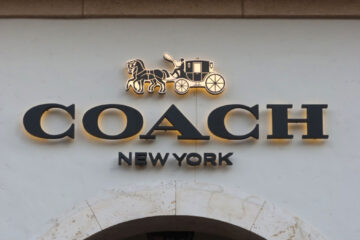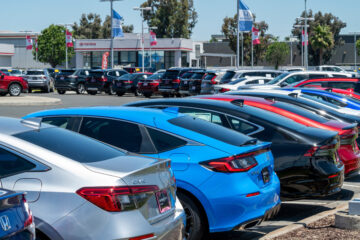Elon Musk’s company made a deal to obtain, graphite, an important component in the production of lithium ion batteries, from Mozambique.
Tesla (TSLA) – Get Tesla Inc Report is setting up a potential plan-B for the graphite it needs to produce its batteries thanks to a partnership with Australia’s Syrah Resources.
Tesla and Syrah signed an offtake agreement in December with Syrah supplying Tesla’s natural graphite Active Anode Material from the company’s production facility in Vidalia, Louisiana.
That plant will process natural graphite concentrate shipped from the Syrah’s Balama mine in Mozambique.
Tesla plans to buy up to 80% of the plant’s 8,000 ton per year output starting in 2025, based on the agreement. The agreement can be terminated if production has not started by May 31, 2024.
China Controls the Graphite Market
Currently, about 70% of the world’s graphite comes from China along with 100% of the natural graphite used in lithium ion batteries.
But an expected decline in production could be a headwind for an electric vehicle industry that is looking at exponential growth over the next decade.
Consultancy firm Benchmark Mineral Intelligence predicts a 20,000 tonne graphite deficit in 2022 following a similar-sized surplus in 2021. That much graphite is enough to make batteries for about 250,000 electric vehicles, Reuters reported.
“Graphite is in severe shortage and all companies are snapping up purchases,” a source told Reuters as China gears up for the winter Olympic games next month by ordering heavy polluters to cut output during the games in order to clear up smog.
Africa Could Break Up China’s Monopoly
Meanwhile, the graphite industry in Africa is attracting interest with companies producing and exploring mines in Madagascar, Mozambique, Namibia and Tanzania.
It is estimated that Mozambique has one of the largest deposits of high-quality graphite in the world with between 20% and 40% of global reserves estimated to be in the country.
That supply could become more important over the next decade as legacy carmakers, not just Tesla, demand more lithium ion batteries for their electric vehicle fleets.


